"It's like having a collaborator in the studio, but it's AI": Survey reveals how many musicians are using AI, what they are using it for, and the top 10 AI tools of 2023
And it also predicts that AI's influence is only going to grow in music production, whether you like it or not
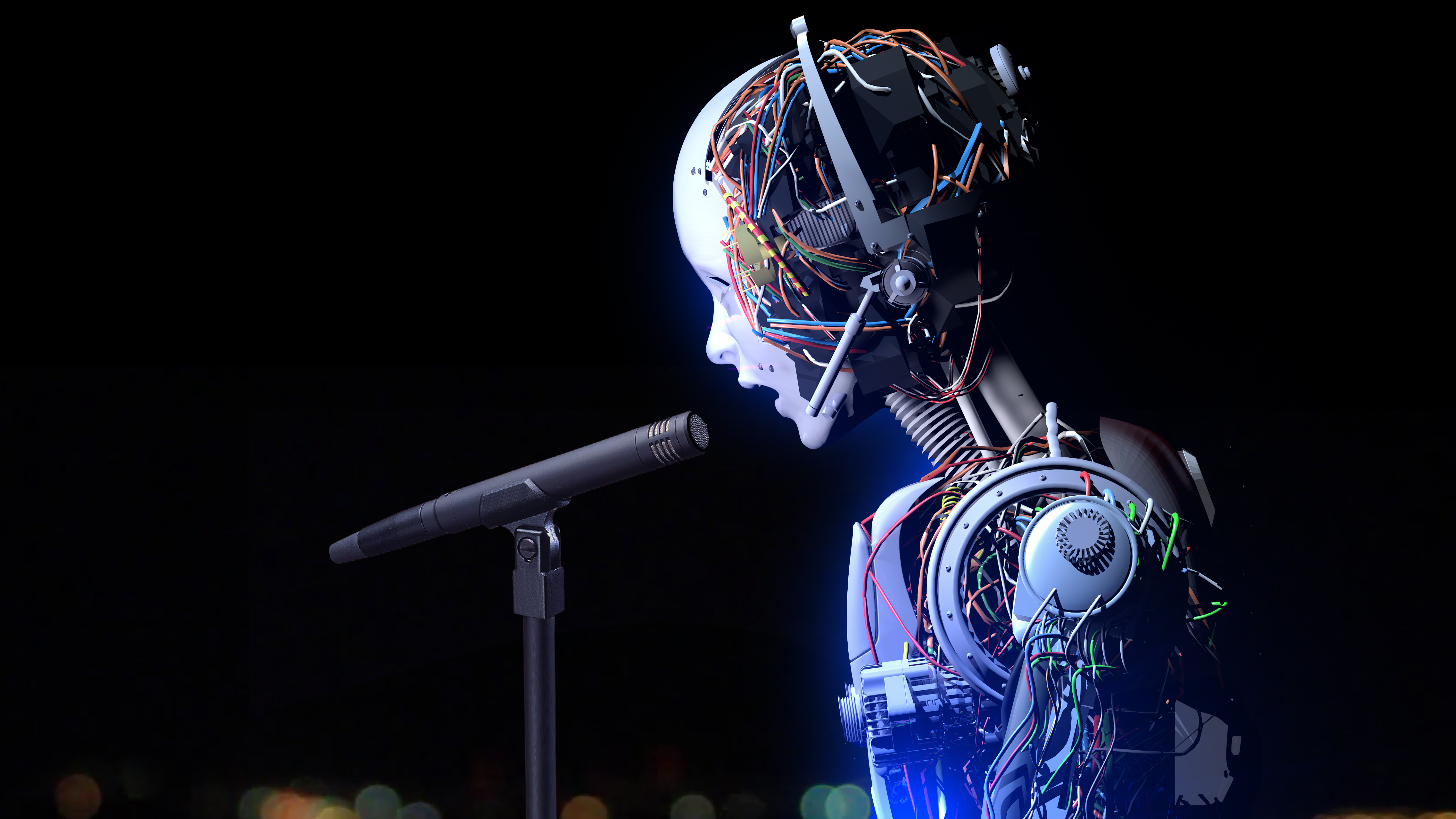
Want all the hottest music and gear news, reviews, deals, features and more, direct to your inbox? Sign up here.
You are now subscribed
Your newsletter sign-up was successful
2023 will be remembered around these parts as the year that AI got a grip on music production like never before. As we approach the end of this 'year of AI', then, it would be interesting to get a sense of how it has impacted on our creative endeavours, and which AI tools people are using. And, luckily, studio network site Pirate has done the hard work for us.

We've had everything AI when it comes to music production in 2023. There was vocal controversy when anonymous producer Ghostwriter produced the track Heart On My Sleeve, featuring AI voice models of Drake and The Weeknd, which ultimately ended up being taken down from all major platforms.
There was some humour when the band Breezer used AI to model Liam Gallagher's vocal to create an Oasis-like album – with Liam commenting on one of the songs as being as “mad as fuck,” but “I sound mega”.
And there was some pragmatism, with Grimes saying she was happy with AI modelling her vocals, as long as she gets a cut of the resulting royalties – surely a sensible solution going forward.

But it's perhaps the everyday AI tools that will impact our music production most, especially after the hype around the technology emulating famous singers dies down. And these had a bumper year, too, with many more producers employing AI than you might have thought.
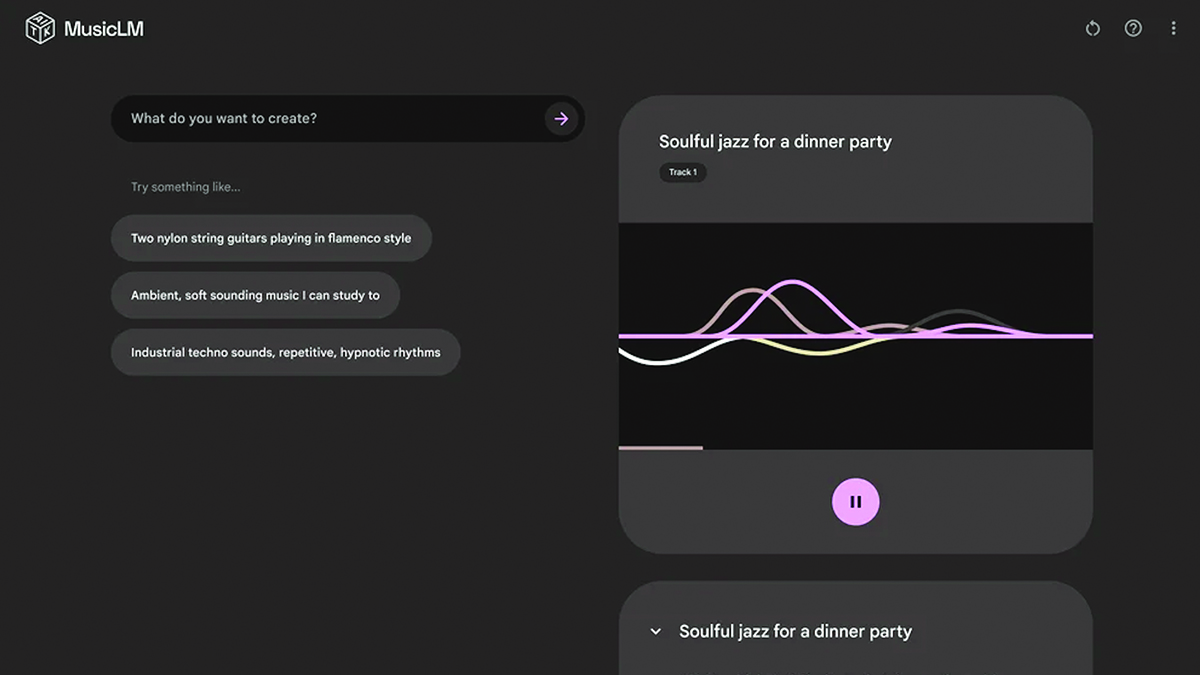
In April we reported that 60% of 1,300 artists asked by distribution network Ditto said they were using AI tools. And, more recently a survey by music studio network Pirate discovered that over half of producers were using these tools, but keeping it a secret as they were concerned about how their audience might perceive them.
But which tech are we talking about? Well, again, studio network site Pirate has the answers as it has revealed the top 10 AI music production tools used in 2023, and also how they were being used in the creation of music.
Want all the hottest music and gear news, reviews, deals, features and more, direct to your inbox? Sign up here.
Pirate's survey revealed that only 25% of the 1,000+ musicians asked used AI – that's down on its last survey, and the Ditto figure, so maybe even more people are keeping it a secret.
Breaking it down further, 30% of those people used AI for songwriting, with 21% citing research and inspiration as their reasons for using AI. A smaller than expected number of just 12% used AI for beat creation, and just 10% for mastering – surely one of the toughest human tasks and arguably easiest for AI to handle.
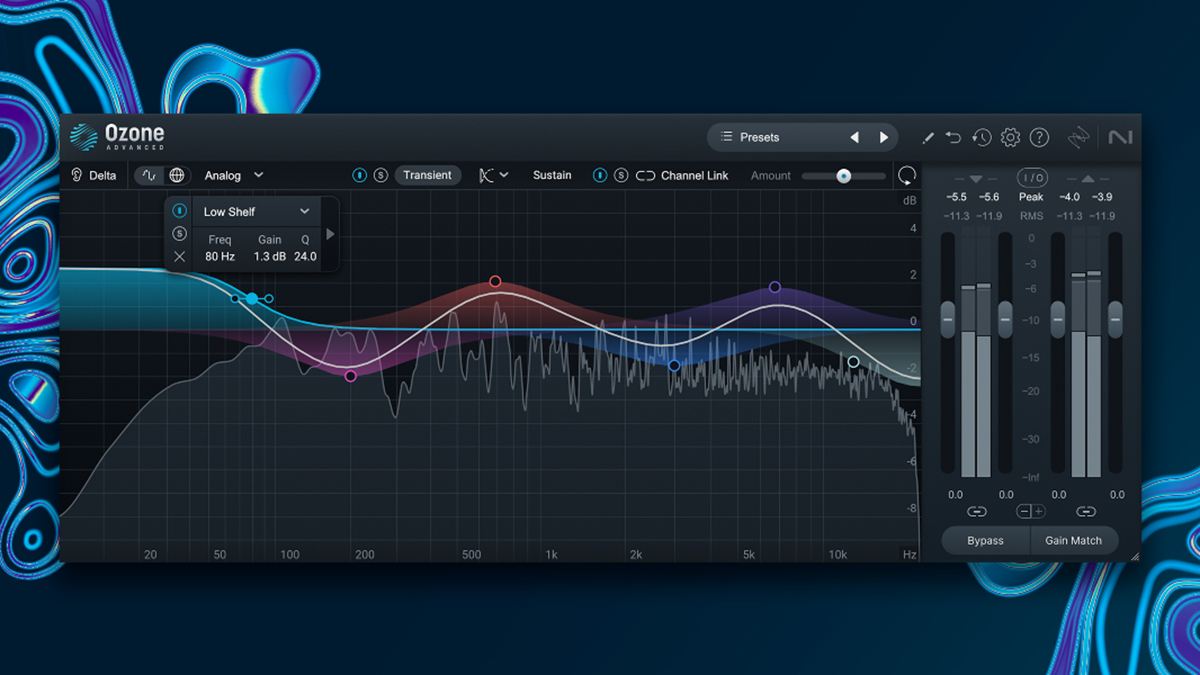
As for the actual tools used, the number one spot was perhaps predictably taken by ChatGPT, which was used to help write lyrics, melodies and chord progressions. iZotope's Ozone was in second place and used for mastering, while third place went to the website LALAL.AI, which was used to separate stems into individual tracks (and a website not to be confused with another AI site, lalals.com, which prides itself on the recreation of famous voices).
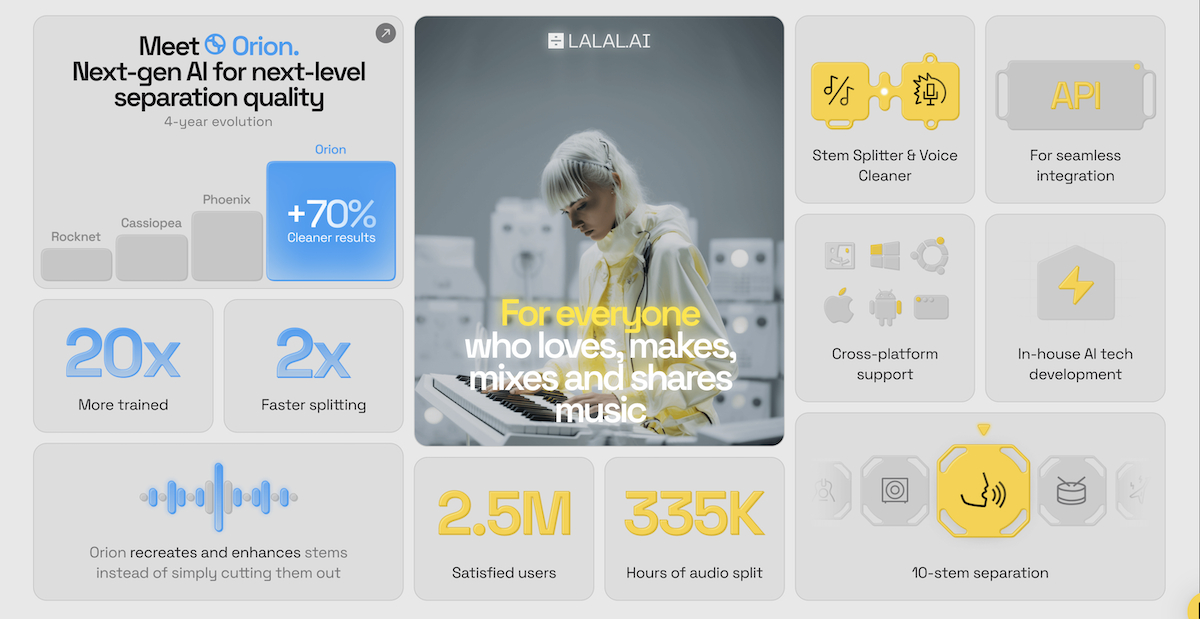
Elsewhere in the top 10 were Goyo (number 5), used for de-noising and de-effecting audio; AIVA.AI (6), used for music creation in any style; Bandlab Songstarter (4) used for inspiration; and AWS DeepComposer (7) used for creating complete songs from a melody. One responder described DeepComposer as, "like having a collaborator in the studio, but it's AI".
Bringing up the rear, but still impressively placed, were StemRoller (10) another stem separator; Magenta Studio (9), an application and Ableton Live plugins for experimental music; and finally Moises (8), yet another stem separator.
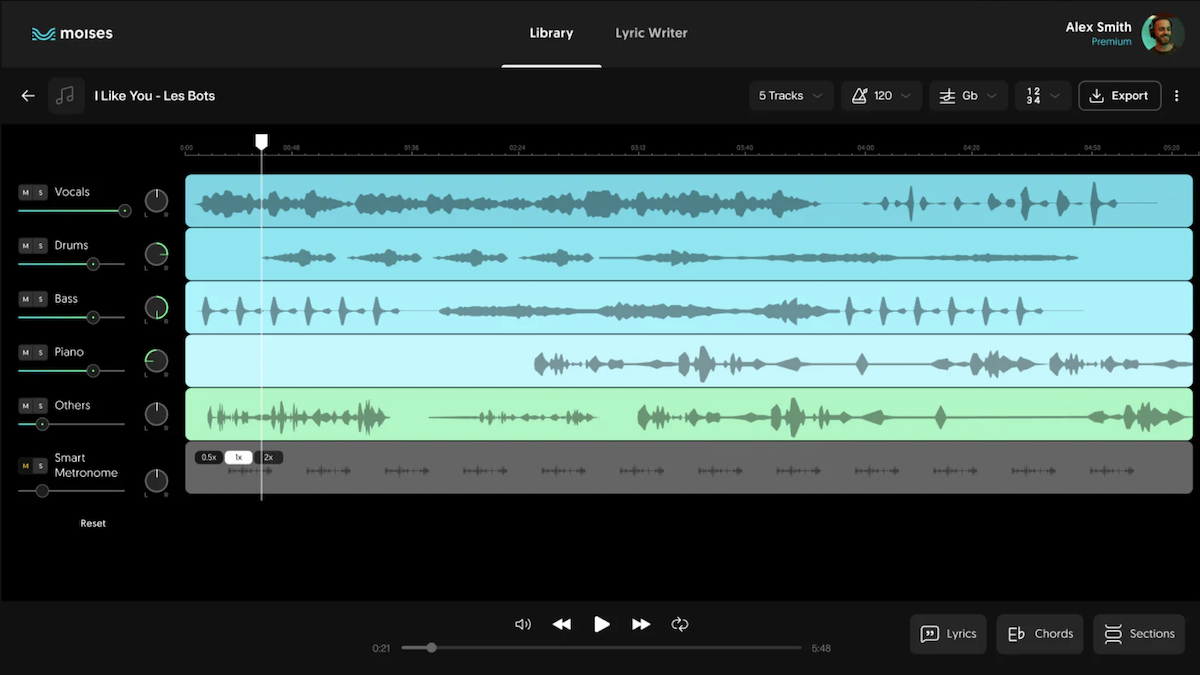
While only 25% of the musicians surveyed admitted using AI, Pirate did reveal an either alarming or brilliant stat, depending on your viewpoint.
"An impressive 46% of those not yet using it expressed a willingness to explore AI tools in the future," it said, so AI is certainly not going anywhere fast.
2024 predictions, anyone?


Andy has been writing about music production and technology for 30 years having started out on Music Technology magazine back in 1992. He has edited the magazines Future Music, Keyboard Review, MusicTech and Computer Music, which he helped launch back in 1998. He owns way too many synthesizers.
